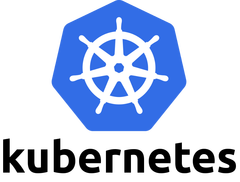
NoOps, or No Ops, is a movement that is gaining traction in the tech community. But what does it mean? And more importantly, what does it mean for you and your business?

NoOps, or No Ops, is a movement that is gaining traction in the tech community. But what does it mean? And more importantly, what does it mean for you and your business?

In the world of IT, there is a new movement known as NoOps.
What is NoOps? Simply put, it's the elimination of dedicated IT operations teams.

If you're like most business owners, you're probably using a variety of cloud services to run your company. But managing multiple cloud providers can be costly and time-consuming.
That's where multi cloud management tools come in. CloudOps is one such tool, and it's designed to make multi cloud management easy and efficient.

AWS offers a global cloud infrastructure platform with regions and availability zones (AZs) in 34 countries, across five continents. For more background on this have a look at the AWS regions map from AWS and read on for all the background.

How long have you worked here? Can you tell me more about your role and background?

There are two major players in the cloud market: Azure vs AWS, in third place is Google but for business, the first two are where it's at.
So, how do they stack up against each other? In this blog post, we will compare the two services and help you decide which one is right for you.

Comparing support and advisory services for LogicMonitor vs CloudOps

If you are looking for a comprehensive monitoring solution, you will likely come across LogicMonitor and CloudOps. These two solutions offer a lot of features, but which one is the best for your business?

When running Kubernetes clusters in the cloud, one of the benefits is that you can use multiple providers and get the benefits of each. It's also useful to be able to deploy to different regions around the world to offer your applications to customers in different countries without lag.

Containerisation as a development model has been growing as an approach for a few years. If you work as a developer or a system architect then you have almost certainly heard of Kubernetes, a powerful container platform.
Why have we prioritised adding it to our CloudOps cloud management platform?